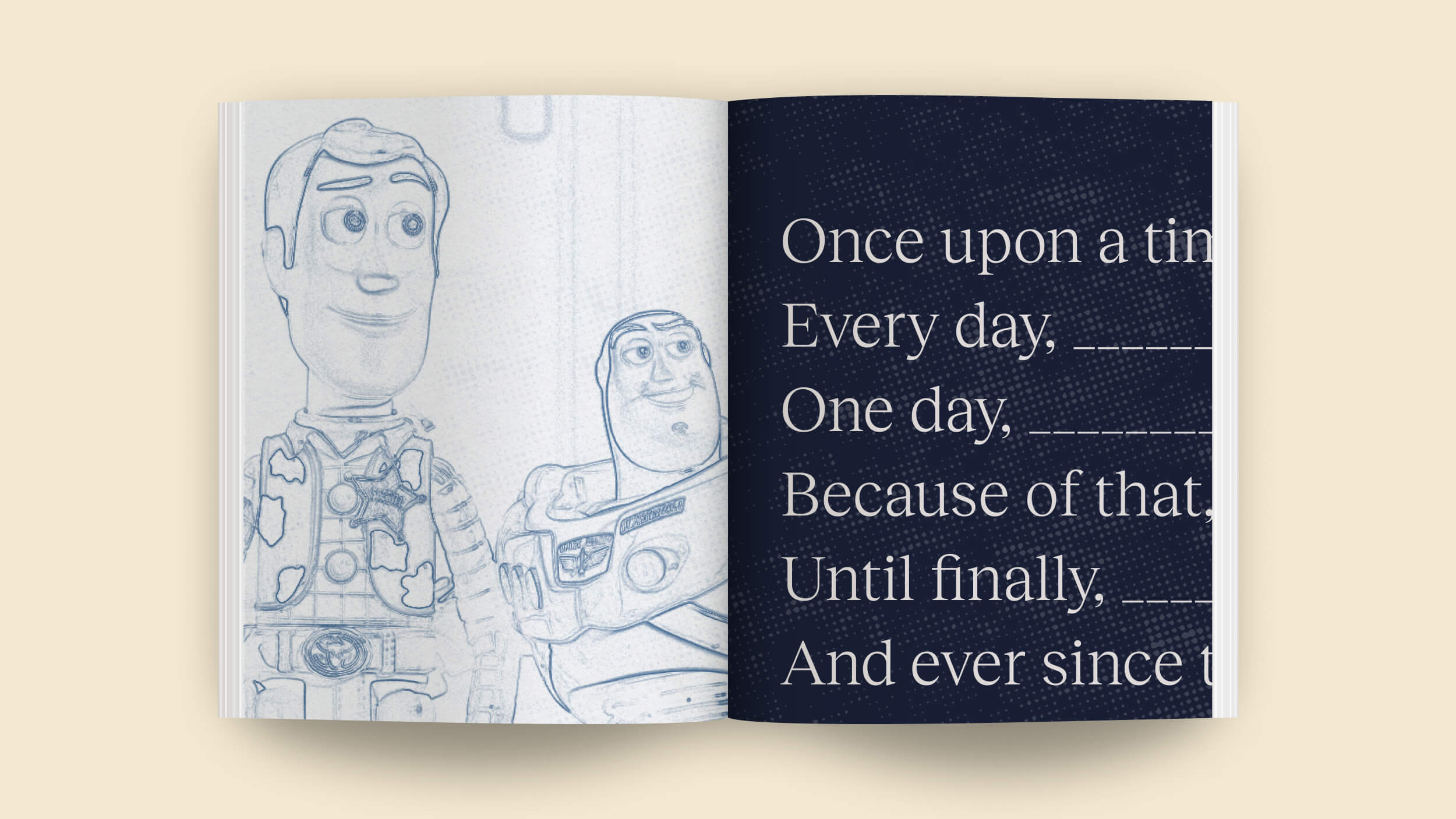Game changers that we see in mobile communication can really displace some of the need to move ourselves around.
Question: How will we control for the high level of design quality that you say is necessary in the future?
Geoff Wardle: Well, I think a lot of it comes down to making sure that we really are designing to solve problems that need solving. Over the span of my career, the word “design” has gone from being a word that most people don’t really understand, to a word that most people think they understand, but sometimes it’s misrepresented. Design and styling are sometimes interchanged a little. And I think with design, it’s very much an onus of the design community to make sure that we are in the general conversation about what needs to be done in the bigger picture. That we need to be working honestly with ourselves and with other people about what it is that we are designing for, how we go about it, and at the same time, we need to think on a much bigger scale. I talk about it a lot, but the world is getting more and more complex as the days go by, as the years go by. As designers, we have to become systems thinkers all of the time. That’s extremely important. And so everything we do has to be an honest statement of what really needs to be done.
Question: What are some examples of excellent design advancements in the transportation realm?
Geoff Wardle: In the field of transportation design I don’t see any step changes coming along at the moment. Everybody is working very hard to make useful incremental changes. So, we have vehicle manufacturers and train manufacturers and aircraft manufacturers who are trying to make vehicles lighter and more energy efficient. We have people working on figuring out new ways of manufacturing that require, or result I should say, in less toxic waste stream into the environment, looking at renewable materials which can be used time and time again through recycling. We see a lot of effort to use less oil or gasoline in our internal combustion engines.
Games changers. Project Better Place; Shai Agassi’s Project Better Place is kind of interesting. Somebody really putting their head on the block with an idea for helping the emergence of battery electric vehicles which is building up quite a lot of momentum now and support from one or two vehicle companies. That could be a game changer.
I think the real game changers will come from technologies that are being developed for other kinds of outcomes in industries that will create unprecedented and unintended consequences which could help the transportation landscape. I’ll mention again, the game changes that we see in mobile communication, that’s very exciting and a lot of that can really displace some of the need to move ourselves around a lot of the time. So, I think the main game change for transportation is going to come unexpectedly from areas that we’re not thinking about.
Meanwhile, I think the biggest game changer has to be the way we all think about the way we move ourselves and goods around and we’ve got to get different – people need to understand actually, the unsustainability of what we are doing at the moment. We’re so used to our environment around us. We’re so used to the way we do things. We’re so used to our living patterns that it’s very difficult for us to question the absurdity of it all, which is why I like to go out 100 or 200 years into the future sometimes and kind of look back through those retro binoculars and think, my god how did we get away with doing that? And I think that that’s our real challenge as designers. We have to think on a systems basis, but we have to help all the different constituents to see that there can be not only a better, sustainable way of doing things, particularly in transportation, but will actually be much more fun and desirable than how we do it already.
Recorded on February 4, 2010





